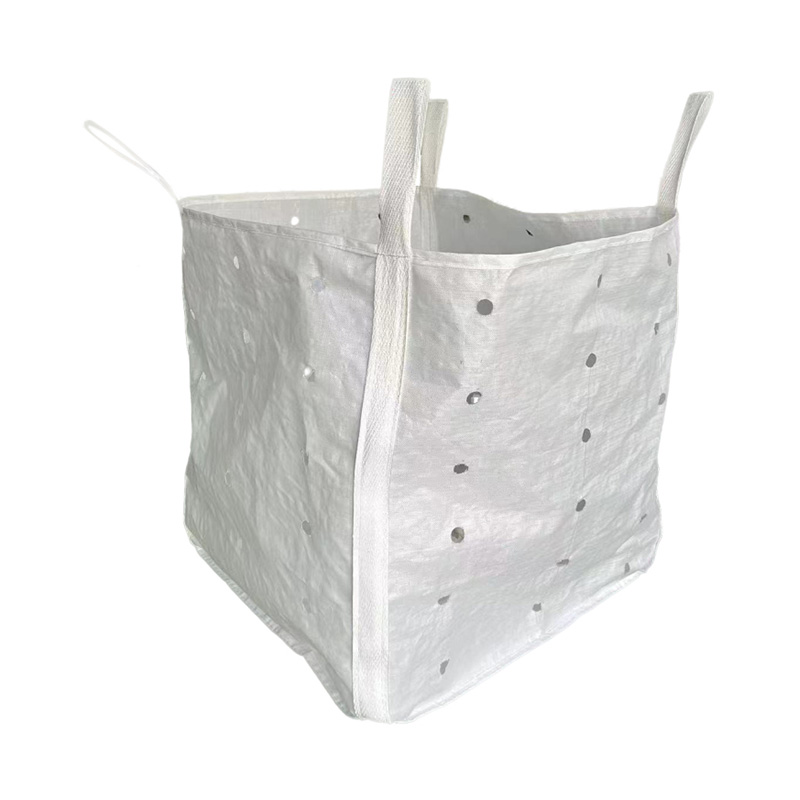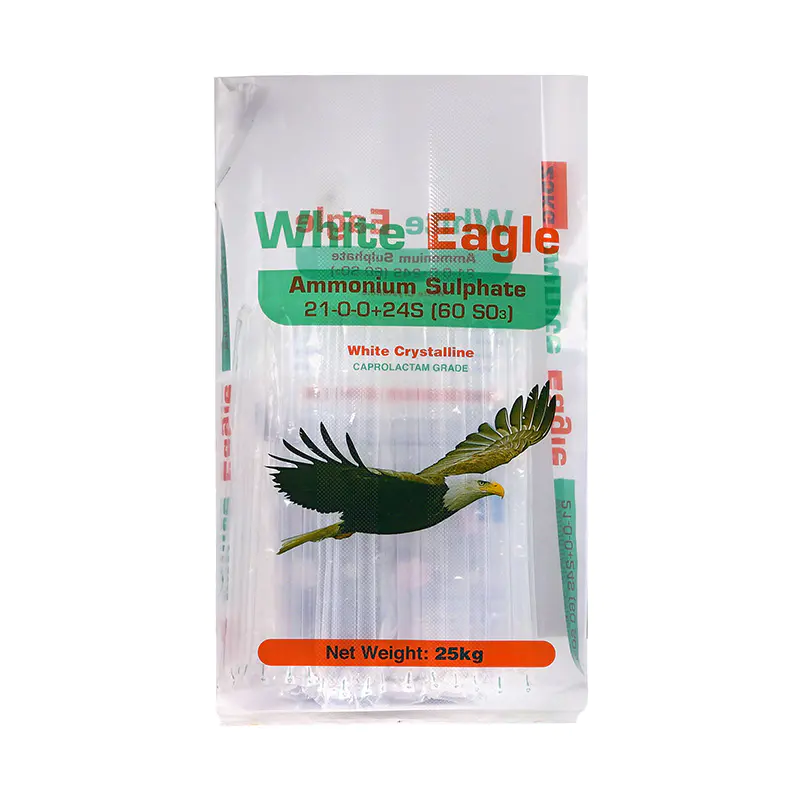Email us now!
In the realm of industrial packaging, the market for PP ton bags presents a diverse array of sourcing channels, spanning from direct manufacturers to specialized distributors. As industries evolve, the demand for tailored container solutions that align with unique logistical workflows and branding needs has grown steadily. This article explores the structure of the PP ton bag production and supply landscape, delving into how businesses can navigate sourcing options and leverage customization to meet their specific requirements.

The Production and Supply Network
The global supply chain for PP ton bags operates through an interconnected network of production facilities and distribution partners. Manufacturers form the backbone of this network, focusing on transforming raw polypropylene into woven fabric and then constructing the bags through processes like cutting, stitching, and quality inspection. These operations often scale to handle large production runs, ensuring a steady flow of standard and custom products.
Distributors and suppliers, on the other hand, act as intermediaries between manufacturers and end-users. They typically curate a range of products from multiple manufacturers, offering a one-stop shop for buyers with varied needs. Beyond product sourcing, distributors add value by providing logistical support—such as warehousing local inventory, coordinating deliveries, and managing order fulfillment. The decision to work directly with a manufacturer or through a supplier hinges on several factors: larger order volumes may benefit from direct manufacturer partnerships, while smaller orders or those requiring quick turnaround might be better suited to distributors with ready stock. Additionally, the need for value-added services, like inventory management or technical support, often influences this choice.
The Scope of Customization in Bag Design
Customization has become a core aspect of the PP ton bag industry, allowing businesses to adapt these packaging solutions to their unique operational demands. This flexibility extends across multiple dimensions of bag design, ensuring that the final product aligns precisely with intended use cases.
Dimensional Adjustments: Standard bag sizes may not always fit the constraints of specific pallets, shipping containers, or storage spaces. To address this, manufacturers offer dimensional customization—adjusting height, width, and length to create bags that maximize space utilization. For example, a business with non-standard pallet dimensions can request bags tailored to fit those pallets perfectly, reducing wasted space during transportation and storage.
Fabric and Loop Specifications: The performance of a PP ton bag is closely tied to its fabric and lifting loops. Customization here allows buyers to select fabric weight (measured in grams per square meter) and weave density based on the weight and nature of the materials being transported. Lifting loops can also be modified—adjusting thickness, length, and stitching patterns—to accommodate specific handling equipment, whether forklifts, cranes, or hoists. This ensures that the bag’s strength and durability match the demands of its intended use.
Printing and Branding: Many businesses use PP ton bags as an extension of their branding or a means to communicate critical information. Custom printing options include applying company logos, product codes, handling instructions, or safety warnings directly onto the bag surface. Using flexible printing techniques that adhere well to woven polypropylene, these designs remain legible even through repeated handling and exposure to industrial environments.
Special Features: Unique operational needs often call for additional features. Anti-slip coatings can be added to the bottom of bags to prevent shifting during stacking, while specialized filling spouts (such as those with extended necks or closure mechanisms) facilitate easier loading of specific materials. Tie-down loops along the bag’s sides can help secure it during transit, and UV-resistant treatments are available for bags used in outdoor storage. These custom additions transform standard bags into solutions tailored to niche requirements.
Value-Added Services from the Supply Chain
In a competitive market, supply chain partners distinguish themselves not just through product quality, but through supplementary services that streamline the buyer’s operations. These value-added offerings go beyond the physical bag, addressing broader logistical and operational challenges.
Inventory management is a key service: suppliers may maintain dedicated inventory for regular customers, delivering bags according to a pre-agreed schedule. This “just-in-time” approach helps buyers avoid overstocking while ensuring they never run short of packaging, smoothing out workflow disruptions. Some suppliers also offer end-of-life management programs, collecting used PP ton bags for recycling or proper disposal. This addresses sustainability concerns and simplifies waste management for businesses.
Technical support is another valuable service. Many suppliers employ experts who can assist buyers in selecting the right bag specifications—from fabric weight to safety features—based on the materials being transported and handling conditions. This guidance helps avoid costly mistakes, such as choosing a bag that’s not robust enough for heavy loads, and ensures that the selected solution meets all operational requirements.
Navigating the Selection of a Supply Partner
Choosing the right supply partner for PP ton bags requires a holistic assessment of both product capabilities and service offerings. A reliable partner should demonstrate the ability to consistently meet agreed-upon specifications, with a track record of producing bags that adhere to quality and safety standards. Flexibility is also important—suppliers should be able to accommodate custom orders and adjust to changes in demand or specifications.
Delivery reliability is another critical factor: late or inconsistent deliveries can disrupt production and logistics, so evaluating a supplier’s delivery performance and ability to meet advance times is essential. Equally important is communication—establishing a partnership with a supplier that listens to your operational challenges and provides transparent updates on orders creates a foundation for long-term success.
Ultimately, the ideal supply partner acts as a collaborator, working with you to understand your unique needs and deliver solutions that enhance efficiency, safety, and value. By taking the time to assess these factors, businesses can secure a dependable source of PP ton bags that supports their operational goals both now and in the future.

 English
English русский
русский Español
Español عربى
عربى Türk
Türk







